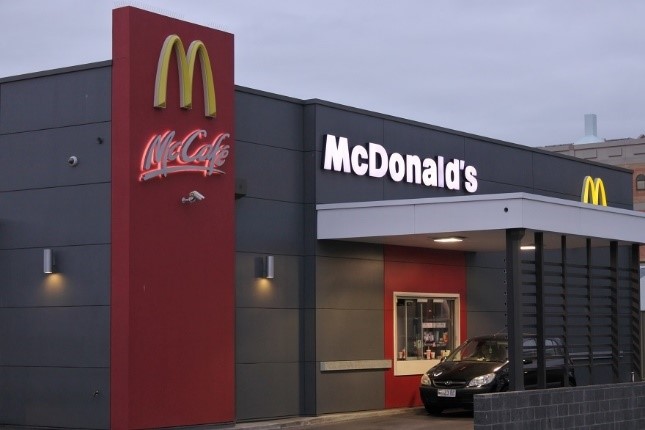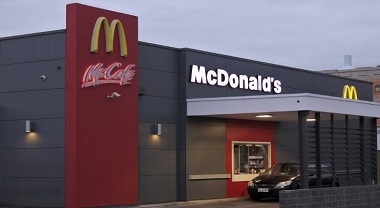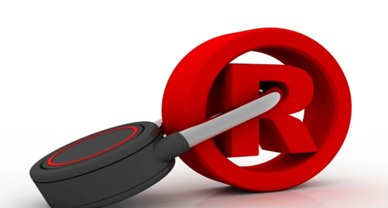McDonald’s loses in Nepal
McDonald’s, which has more than 39,000 locations in about 100 countries, has claimed recently that it shall be able to deliver the food both in person and online. The firm is taking all the steps to ensure that it meets the needs of new technological changes and metaverse. The company recently filed 10 applications with the US Patent and Trademark Office for the McDonald’s brand and McCafe. The trademarks are for virtual food and beverage products. Despite company’s concerted efforts, certain countries like Nepal have made certain judgments that have disrupted the path of the company.
The trademark of Mc/Mac has been under the debate all around the globe. The European Union Intellectual Property Office gave its decision on McDonald’s trademark on its ‘Big Mac’ burger in the union. The Department of Industry, which is the quasi-judicial authority responsible for filing, registration and other procedural aspects, has given a decision against McDonald’s.

- Future Enterprises Pte Ltd, Singapore based company and McDonald’s Corporation are the two chief companies battling to establish their right over the Mac/Mc trademark in Nepal. It was back in January 2011 when Future Enterprises had officially filed ‘Mac Coffee and Eagle device’ trademark before DOI.
- Opposition was filed by McDonald’s at that time; claiming its sole right over the word Mc/Mac but DOI cancelled opposition of McDonald’s in a final hearing, mentioning that McDonald’s does not have the sole right over the prefix Mc/Mac.
- DOI also pointed out that Mc Donald’s had not previously filed/registered any McCafe trademark in Nepal. So, it doesn’t have the jurisdiction to oppose the filing of Future Enterprises on the basis of its popularity in the international arena.
- After that, Future Enterprises eventually registered other trademarks associated with MAC to their name, viz. Mac Tea, Mac Coffee, Mac Cereal, Mac Chocolate etc.
- Future Enterprises has been able to establish Mac as a well-known trademark in Nepal. The trademarks have been used in instant coffee, coffee, coffee-based beverages, tea, tea-based beverages, chocolates, ice cream etc.
- Again in 2015, McDonald’s filed for ‘Mac’ and ‘McCafe’ trademark separately in class 30 before DOI. Future Enterprises opposed this filing of McDonald’s on the basis that the products like Mac Coffee, Mac Chocolate, Mac Tea etc were available in Nepalese market for more than 18 years and these trademarks were already registered in their name.
- Future Enterprises Pte Ltd claimed that these trademarks were of their own creativity with originality and they have been able to establish oneself as a renowned brand in Nepal. In such circumstance, registering a trademark associated with Mac/MC word which is phonetically, visually and structurally similar to the trademarks previously registered would be against the Patent, Design and Trademark Act, 1965.
Judgment
The DOI then decided in its final hearing that McDonald’s trademark ‘Mac’ and ‘McCafe’ trademark cannot be registered, as it is deceptive in nature and would create confusion among the consumers and have negative impacts upon the goodwill of Future Enterprises Pte Ltd. In this way, McDonald’s Corporation lost its trademark right over ‘Mac’ and ‘McCafe’ in Nepal. However, McDonald’s can still appeal in higher court against the recent decision, which, McDonald’s previously in 2011 did not file any appeal in higher court.
Conclusion
The loss of McDonald’s in Nepal is a huge setback for the country and shows lack of progressiveness on the part of the country. McDonald’s has evidently established its goodwill in the international market. Nepal needs to respect its international obligations as well. It is true that the domestic company had its own reputation within the Nepalese territory but McDonald’s has its own international recognition. Therefore, it is essential for the countries to maintain a balance between the domestic and international firms. McDonald’s has his trademarks related to Mc/Mac in many countries and therefore, the international recognition is a considerable factor. Nepal has taken the decision to support its own domestic enterprise against the multinational.
Author: Tanya Saraswat – a student at School of Law, Narsee Monjee Institute of Management Studies, in case of any queries please contact/write back to us at support@ipandlegalfilings.com or IP & Legal Filing.



